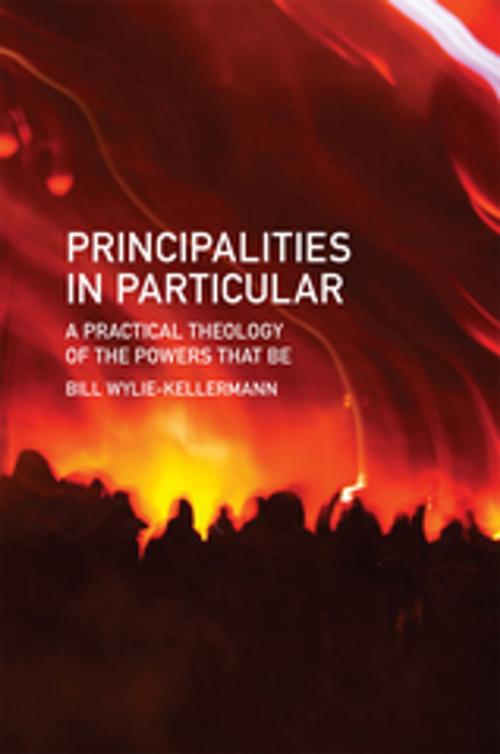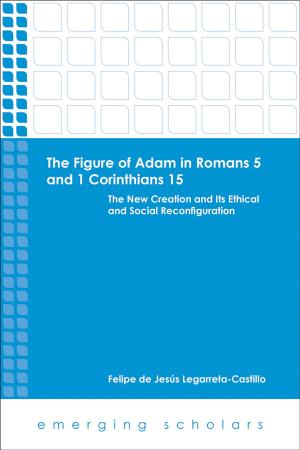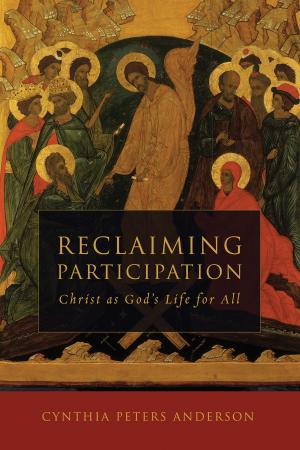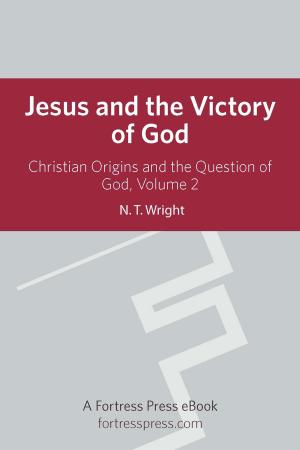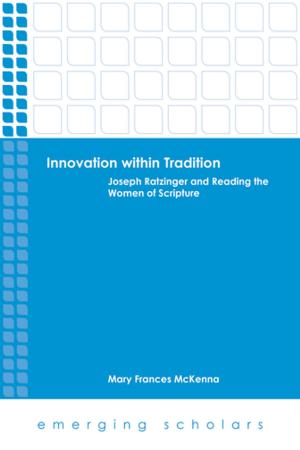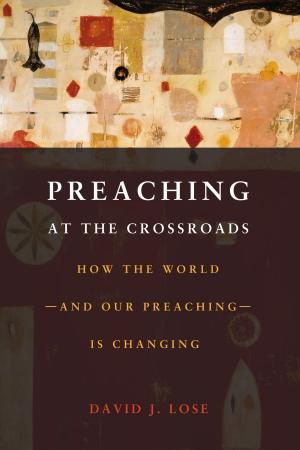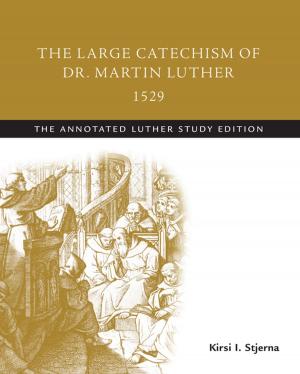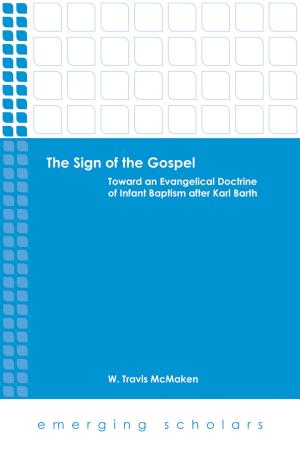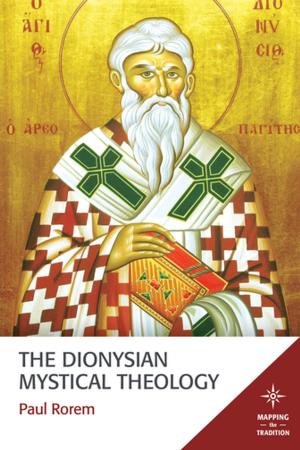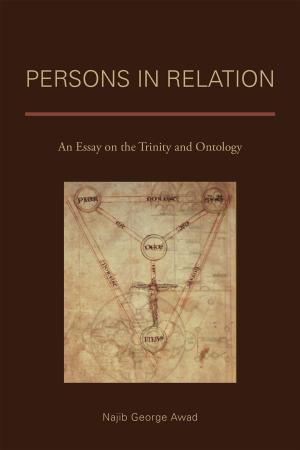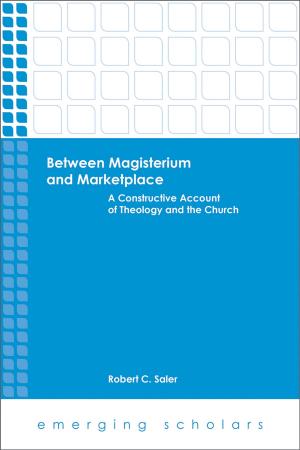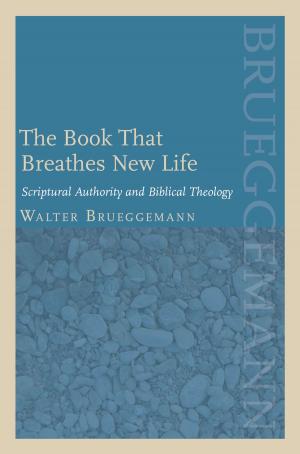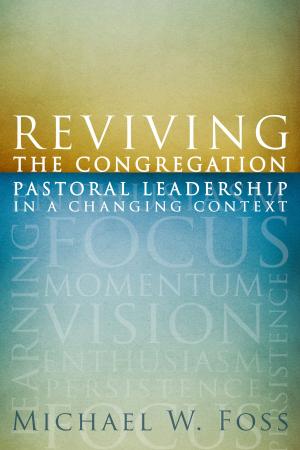Principalities in Particular
A Practical Theology of the Powers That Be
Nonfiction, Religion & Spirituality, Bible & Bible Studies, New Testament, Study, Theology, Christianity| Author: | Bill Wylie-Kellermann | ISBN: | 9781506438245 |
| Publisher: | Fortress Press | Publication: | October 15, 2017 |
| Imprint: | Fortress Press | Language: | English |
| Author: | Bill Wylie-Kellermann |
| ISBN: | 9781506438245 |
| Publisher: | Fortress Press |
| Publication: | October 15, 2017 |
| Imprint: | Fortress Press |
| Language: | English |
If the 1960s were a watershed in American politics, they were no less formative a period in political theology, as figures like Jacques Ellul, Karl Barth, Walter Wink, Daniel and Philip Berrigan, and William Stringfellow shed new light on the biblical language of "the powers." In these essays, activist pastor Bill Wylie-Kellermann critically appreciates the legacy of these figures and gives an urgent specificity to the theology of the powers, relating biblical concepts to contemporary struggles for civil rights, clean air, fair housing, safe affordable water, public education, and civic responsibility after the 2016 election, highlighting throughout the vital importance of a community of struggle connected through time and across space. The book‘s uniqueness lies in its practicality, as biblical and theological analyses arise from, and are addressed to, particular historical moments and given ecclesial and movement struggles. Appendixes present resources for teaching and training people in movement organizing and for thinking through the presence of the powers in our life and ministry.
If the 1960s were a watershed in American politics, they were no less formative a period in political theology, as figures like Jacques Ellul, Karl Barth, Walter Wink, Daniel and Philip Berrigan, and William Stringfellow shed new light on the biblical language of "the powers." In these essays, activist pastor Bill Wylie-Kellermann critically appreciates the legacy of these figures and gives an urgent specificity to the theology of the powers, relating biblical concepts to contemporary struggles for civil rights, clean air, fair housing, safe affordable water, public education, and civic responsibility after the 2016 election, highlighting throughout the vital importance of a community of struggle connected through time and across space. The book‘s uniqueness lies in its practicality, as biblical and theological analyses arise from, and are addressed to, particular historical moments and given ecclesial and movement struggles. Appendixes present resources for teaching and training people in movement organizing and for thinking through the presence of the powers in our life and ministry.
